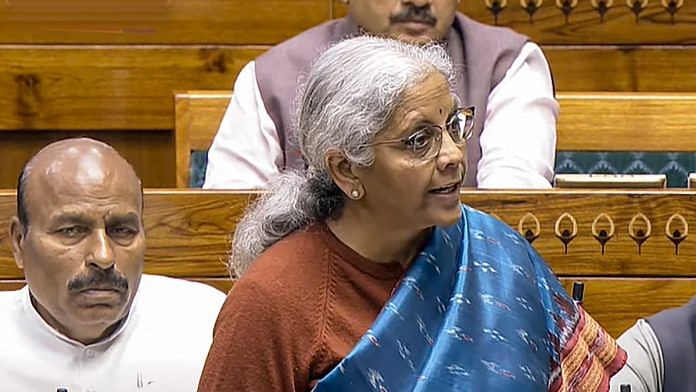
The bill was introduced in Lok Sabha on 13 February to modernise and simplify the tax laws of 1961 Act and to remove legal confusion. Certain changes were introduced in the new bill to make it contemporary. For instance, undisclosed income would now include virtual digital assets apart from money, bullion, jewellery, or other valuable articles. These assets could be a code, number, or token generated cryptographically and provide a digital representation of value exchanged. The aim was to simplify the language, remove redundant provisions and reduce litigations. The bill was referred to the Select Committee headed by BJP MP Baijayant Panda on the same day. The Select Committee recommended continuation of tax exemption on anonymous donations made to religious-cum-charitable trusts in the new bill. It also suggested that taxpayers should be allowed to claim TDS refund even after the ITR filing due date without having to shell out any penalty. The committee also observed that although the bill seeks to simplify the 1961 Act without bringing any substantive changes, there are several drafting issues which need to be addressed. It suggested removing certain redundant texts in the new bill and modifications in other cases to bring better clarity. As per committee, the new bill refers to the 1961 Act in several provisions that will require a person to continue referring to the old Act. On another instance, it noted that there are some terms in the bill like “parent company”, “beneficial owner” and “cooperative bank” which are not defined in the new bill. The new bill also allows setting off long-term capital losses against short-term capital gains incurred until March 2026 which contradicts the general principle of 1961 Act. The long-term capital losses can only be set off against long-term capital gains. While the new income tax bill was supposed to come into effect from 1 April 2026, now with the withdrawal, the schedule is likely to get delayed. (Edited by Viny Mishra) Also read: Govt’s new income tax bill will require you to share passwords with tax officials during searches




Comments